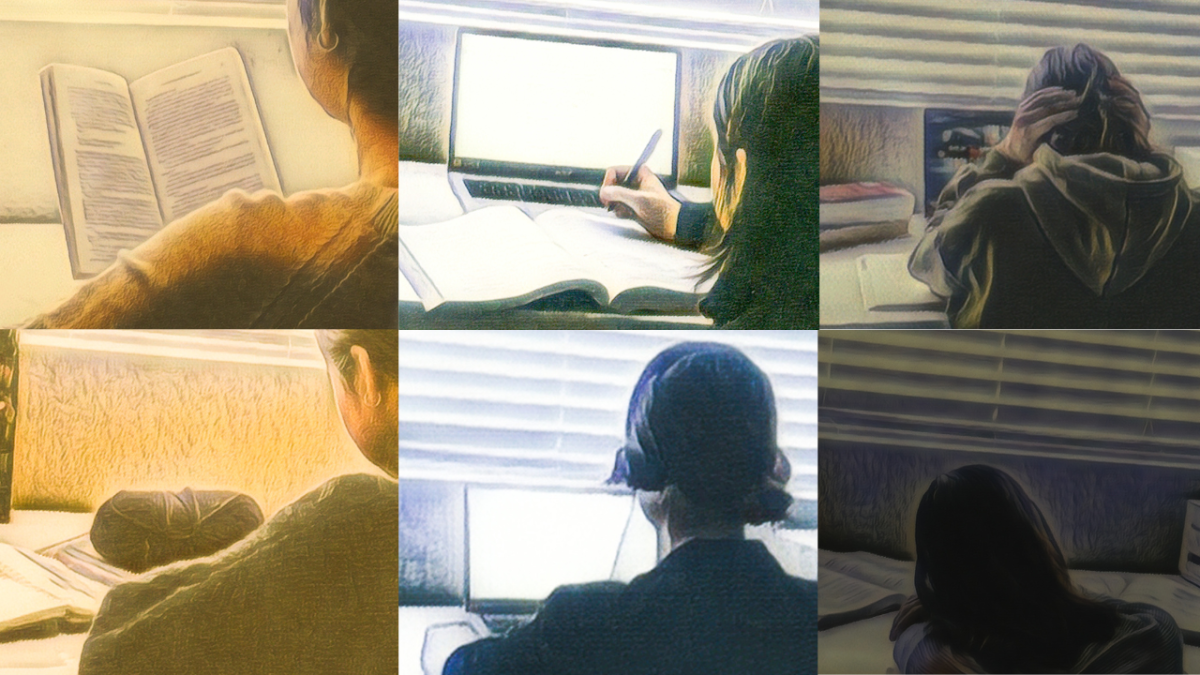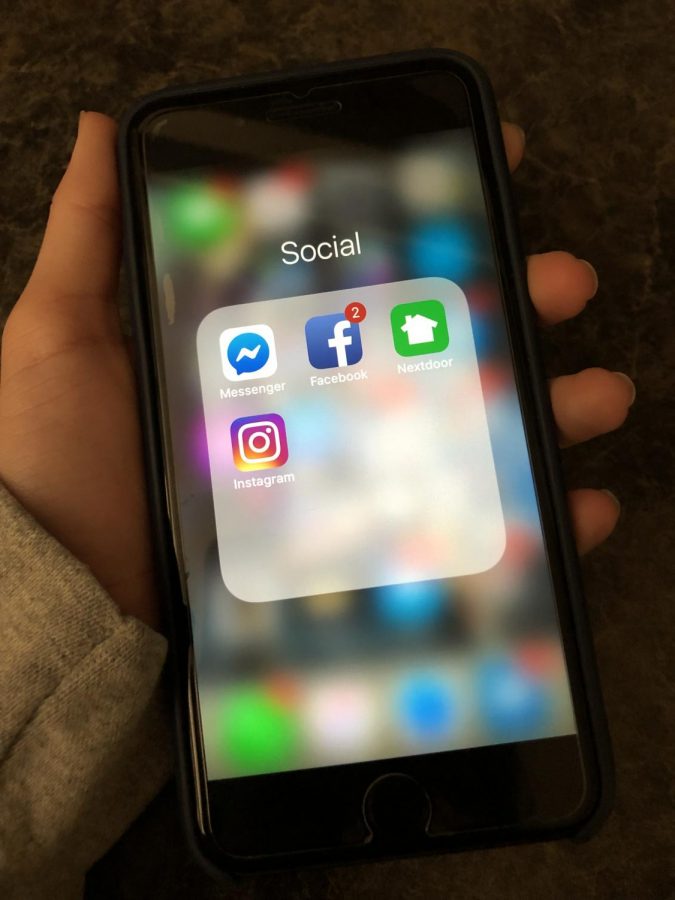The psychological effects of social media
(photo courtesy of Sarah Meadows)
It is interesting to understand the trends of social media throughout the early twenty-first century and to predict its future.
March 12, 2019
As teenage addiction to social media continues to grow, it is crucial to look at the side effects of such an attachment. Unequivocally, there are both positives and negatives when it comes to the psychological effects of social media on the developing mind.
Without a doubt, there are indeed positives in regards to the usage of social media. For instance, for many girls and boys, the almost guaranteed reinforcement of compliments on self images, or “selfies,” causes these adolescents to continue sharing their face and body with the world. Clearly, it provides a sense of confidence and reassurance. Whether it is healthy or not, it is in the human nature to strive to be accepted by society’s harsh standards, so when others provide such acceptance, it keeps the kids going back for more.
Nonetheless, there is a surplus of negatives, some of which contradict the very positives stated above. Although compliments on teens’ post do give them confidence and reassurance, they also give them constant reliance. For instance, if one post does not receive as many comments as a past post or even a friend’s post, this could lead to a feeling of being nugatory. Teenagers should not have to live with the constant need to be accepted by others’ standards. Students are beginning to lack the confidence to feel self-acceptance. Social media is toxic not only because it hosts unreasonable physical standards, but also because it allows for easy access to cyberbullying and exclusivity. Whether peers directly write harmful comments on another’s page or friends posts pictures of events in order to purposefully uninclude a specific friend, it is easy to just hop on Instagram or Snapchat and harm someone’s psychological well being. Last but certainly not least, social media apps can destroy the future of ignorant, misbehaving teens who do not think before they post. Recently, a student who attends Newport Harbor High School hosted a party in which the attendants arranged red solo cups into a Swastika-like image, while posing for a picture as they hailed Hitler. Many of those who were in the photo spoke out, expressing the physiological pain that one picture has put them through, obviously admitting their own wrongdoing.
It is quite obvious that the negatives outweigh the positives. Vaani Ghandi (10), explained, “Although I do not think I could ever delete social media altogether, sometimes I question if it puts me in a bad state of mind.” State of mind is indeed a questionable topic. It is hard to find the root of mental badness and instability; however, the more students who target social media as a cause, the better.
Out of 40 Yorba Linda High School students asked, only 31% said that they have taken the time to not only self reflect upon the negative side effects of social media addiction, but have also taken a break from social media itself. While deleting all social media apps may be a stretch, taking a break from such toxicity is sometimes all one needs to reevaluate themselves on a personal level.
Our generation is the first generation to live, breath, sweat, and bleed social media. Predictions as to how they will affect the maturing teen mind is still an entire world of unknown. Maybe it’s smart to let others be the guinea pigs, and instead, enjoy life one memory at a time, rather than one click at a time. Live in the moment.





































